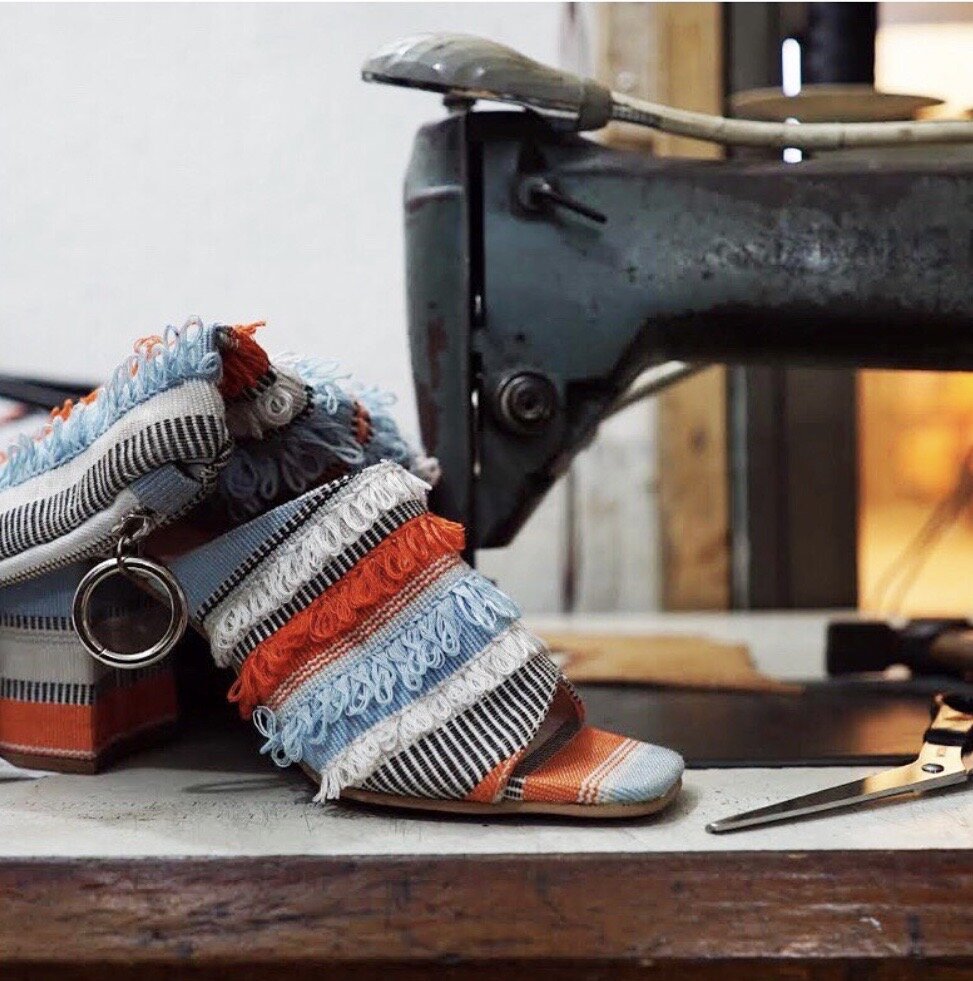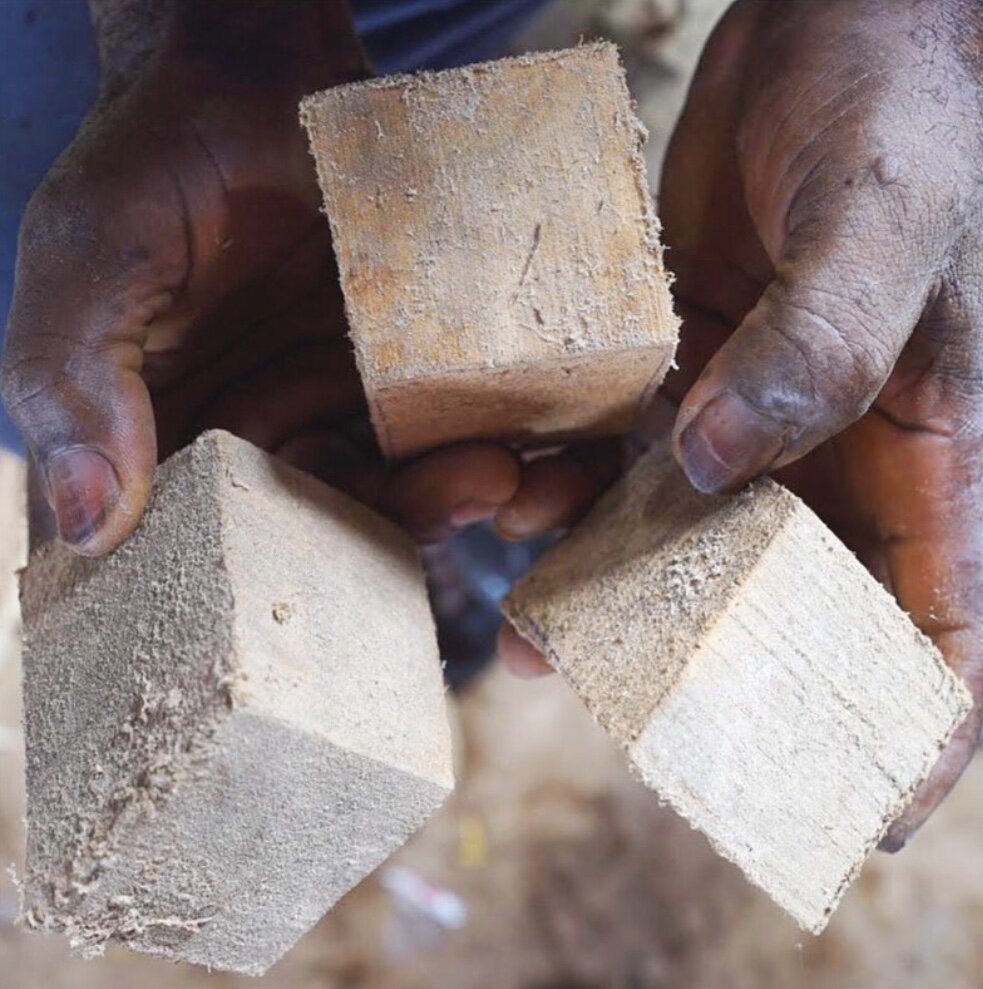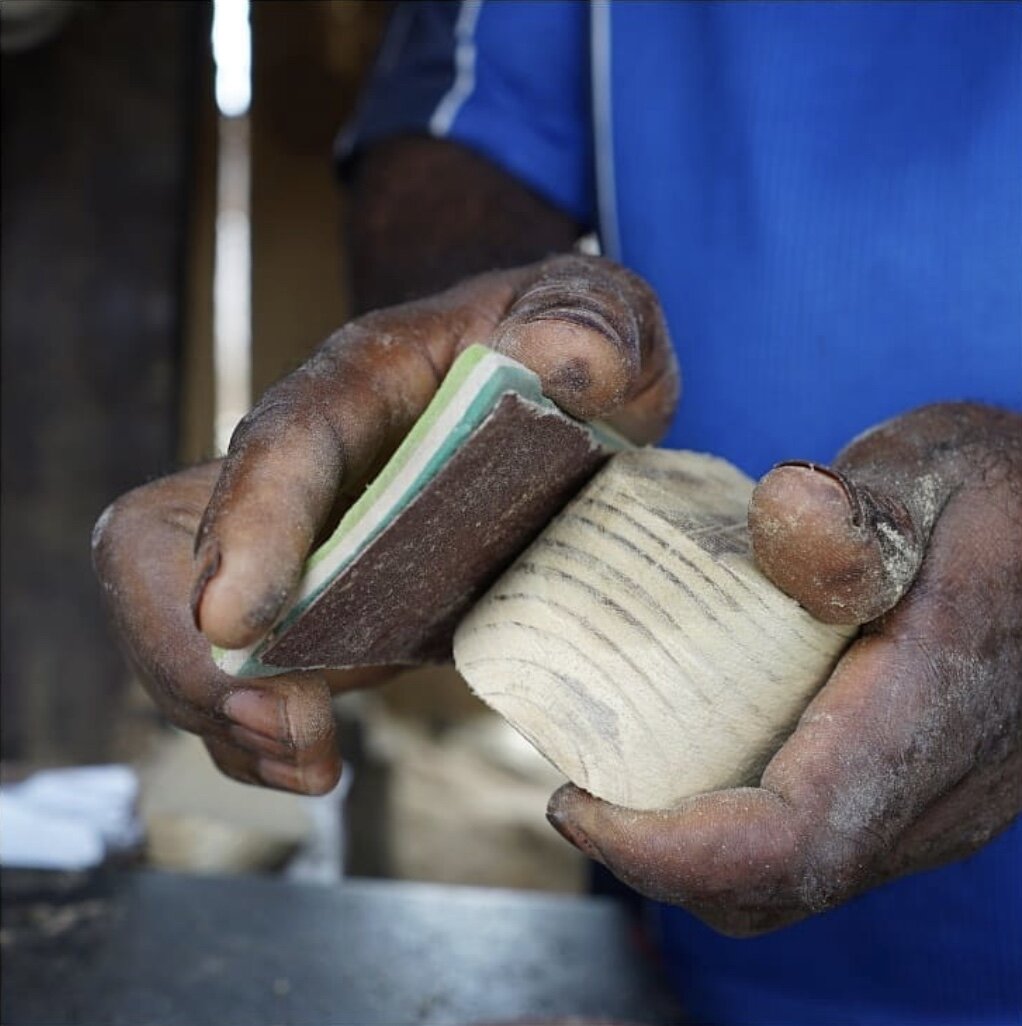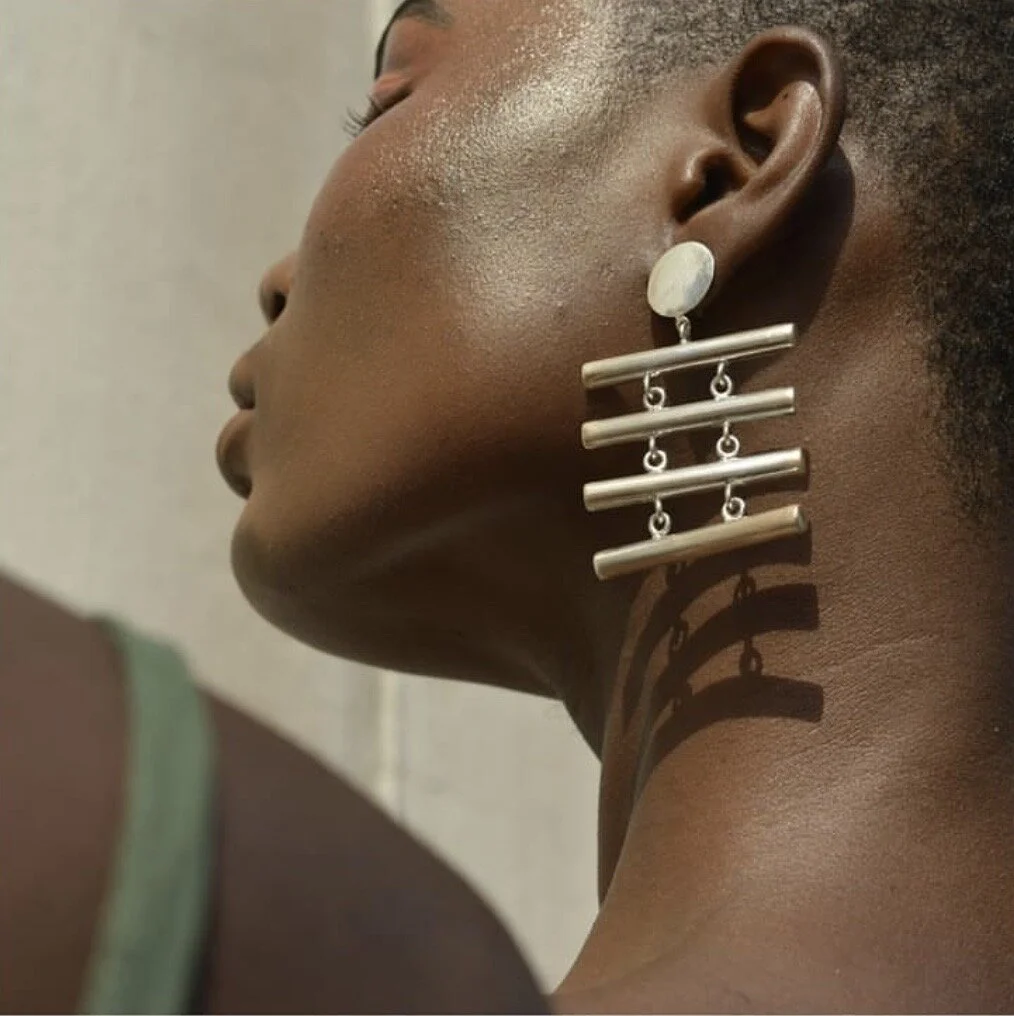Shekudo: How To Change The World On A Personal Level With Sustainability, Craftsmanship And Female Empowerment
Nigerian brand Shekudo stands for crafts and female empowerment. We wanted to know more as the interest in sustainability grows in the global fashion sphere.We asked Akudo Iheakanwa, creative director of the brand Shekudo, how it translates to the way they work.
Sometimes brands can overplay the sustainability card about their products without specifying how sustainability applies to their work. What does it actually mean to be sustainable at Shekudo? What impact do you have on the lives of the artisans you work with?
Sustainability has always been kind of natural for us. When I decided to restart Shekudo, being sustainable wasn’t really intentional. We naturally fell into this category without realising it. I was just amazed by the potential we had here when I saw our crafts and traditions. I felt they could be revamped, have a little bit of a contemporary flavour added to them and be showcased to the rest of the world. I didn’t realise I was building a sustainable brand at the beginning.
When I was trying to order heels for example, I didn't want to import. When you import materials you have to order quite a large minimum quantity, around 2000 units. It was difficult to start out. We needed to work locally and support the guys who were selling here. Then another problem came up. As much as I wanted to support the guys locally, they were only selling in small batches. As we started to grow, we couldn't get the type of heels we wanted. Consistently the quality was not there or they had sold out and weren't getting any more stock for three months. I had to find another way. I looked at what other brands were doing and we started to work with a lot of our carpenters. We use local wood now to carve and produce a lot of our high heels ourselves. We found that working with our carpenters was a real sustainable solution. In the end, we were kind of forced to be sustainable.
But don't get me wrong, it is important to have those values when you’re starting out: being ethical and sustainable, having an eye on gender parity in your business and so on. But you are also trying to survive, starting a business with what you have first. You have to start somewhere, then you can do your research and look at ways to incorporate sustainability.
In our case, we noticed different points. One thing was that the leather quality was not always consistent. At the same time, we noticed there was a lot of material waste. Leather is a livelihood for a lot of artisans but our traditional weaving crafts needed support as well - the business has been suffering the import of Chinese knockoff fabrics. We wanted to minimise the waste and support these artisans’ businesses and lives. We decided then we would buy this local remnant leather and use the traditional weave as a brand pillar.
As a result we managed to design a sustainable solution for our business where we would always have local access to the materials we needed and in turn help maximise what we have on ground.
There are few technical materials like insoles we have to rely on the international market for. We were originally using recycled insoles but as we grew, we had to adapt and commit to the large minimum quantity orders. It’s tough for a new business but we were forced to do so to grow our business.
Now we locally get all the beautiful raw materials: the leather, the wood, the cotton and the weaves, the silver we use in our earrings - we're currently working on bronze earrings for the new collection. Being able to support this industry is key for us as a brand. And we are just starting out.
You started working with four artisans and now that team has grown up to 14. How did you find the right people especially when you got advised to work with Ghanian or Togolese artisans known for their good finishing skills?
Actually, I still get this advice today. Finding the right people has been quite hard. I love the talent we have here in Nigeria. On one hand there are fantastic skilled artisans and on the other hand you can find people who are just too relaxed on the finishing. So we had to really build our team up. Not that all of them don’t care, far from it. Even if you will actually find some who don’t care, others are just doing what they can with what they know. They are trying to make money to survive. All of them take a lot of pride in their work. But we had to really build our team up to make sure our quality was on top. We just had to try to see who was good and who was not.
You work with the ones who have potential. and build on the skills they have. I've worked with a lot of them personally and we've really gone from strength to strength. I'm really proud of the level the team is at now. There's still room to grow but we have to remember that this is all handmade work. It’s an extremely meticulous process with no machinery. I respect and appreciate what they're doing. I didn't want to give up on the talents that we had. Of course we can look at hiring people from Ghana or Togo later as we grow, but for now it’s much easier for me to work with my guys here in terms of logistics. At the end of the day, you can also show them that more can be done. You can always get better.
That’s how I want to contribute to my fatherland’s growth.
We are looking at getting consultants to help us see how we can do better in terms of training and production methods. We just need to get more funding. Finding the right people has definitely been a long journey.
The artisans you work with are spread all over Lagos. How do you manage this in terms of logistics?
As much as I would love to have all of our team under one roof, I have to adapt. We have had this amazing workshop since last year, which was a huge achievement for us. We would love to welcome all of our team members. But the reality here is that you will not always find factories employing many people at the same place like what you find in China for example. Nigeria is very different. In Lagos, everybody is looking to work for themselves which I respect. I am too. That’s the mentality we have here. Even if I try to offer flexible hours, in general the artisans would rather work on a contract at their own workshops. It does have an impact on quality control. So I had to adapt. To get round this, we split orders depending on each artisan’s strength. One might have high heel mules when another will have the slippers for example. Once they’re complete, we receive them at our main workshop and we do our quality control from there. Anything that is not done well or needs fixing either goes back to them again or has to be remade from scratch, which is a high cost on us and causes delays. But that’s what we have to do to make sure our clients are happy.
One of the goals of your brand is to empower women as you want to see them getting more work opportunities be that in silversmith or shoemaking. Have you made good progress on that level?
We are trying hard. We have two female artisans from a training we unofficially started last year but I wanted to do more. We used to rely on our community recommendations but to do it on a bigger scale, I realized we were better partnered with an established organisation - which had credibility and experience working with women at risk - instead. We started to set things up with one which was very excited about our proposal. We were already trying to figure out the logistics part when the Covid-19 crisis came up. So, we are on pause for now. The program was meant to start earlier this year but obviously that didn’t happen. That's why you can see the announcement on our website that we just started collecting money from each of our orders - $5 each. This money will help financing the program transport and food costs. Plus, we also pay our artisans to train people as well. That gives them a little extra income.
At the moment, a majority of our artisans are male, which is not a problem of course.
But I really want to have an equal playing field. Even if we cannot reach our goal of having a full female employee base as soon as we would like to, we are not giving up.
Some people might call it sexism but female employment is a priority to me. The thing is that a lot of women are not offered these opportunities here. On the other hand, we have fantastic skilled male shoemakers that we cannot overlook. So, we had to adapt. When things will get back to “normal”, we will continue that journey with the non-profit we had reached out to. Then, we will formalise and announce it once we are back up and running. I'm looking forward to it. We are looking at getting five women at a time for each training program knowing that each training program runs for six months. It’s quite a long process.
Even if they don't want to work in shoemaking, we just want them to be able to find a good role for themselves.There's always an option. Even us, we have so many roles that we need, we still need to employ new people. So I would love it if we could have a whole batch of women. That would be fantastic!
We want to be able to employ women of all ages. Women over 40 may find it hard to get a new job. But then again, this is not a charity effort. We are giving people jobs. We need employees as well, we need to make money. So why not give opportunities to people who are struggling to find some? I've worked a lot with women in my career in Australia, it’s a soft spot for me. When it comes to women at risk, I just want to be able to do my part if I can.






